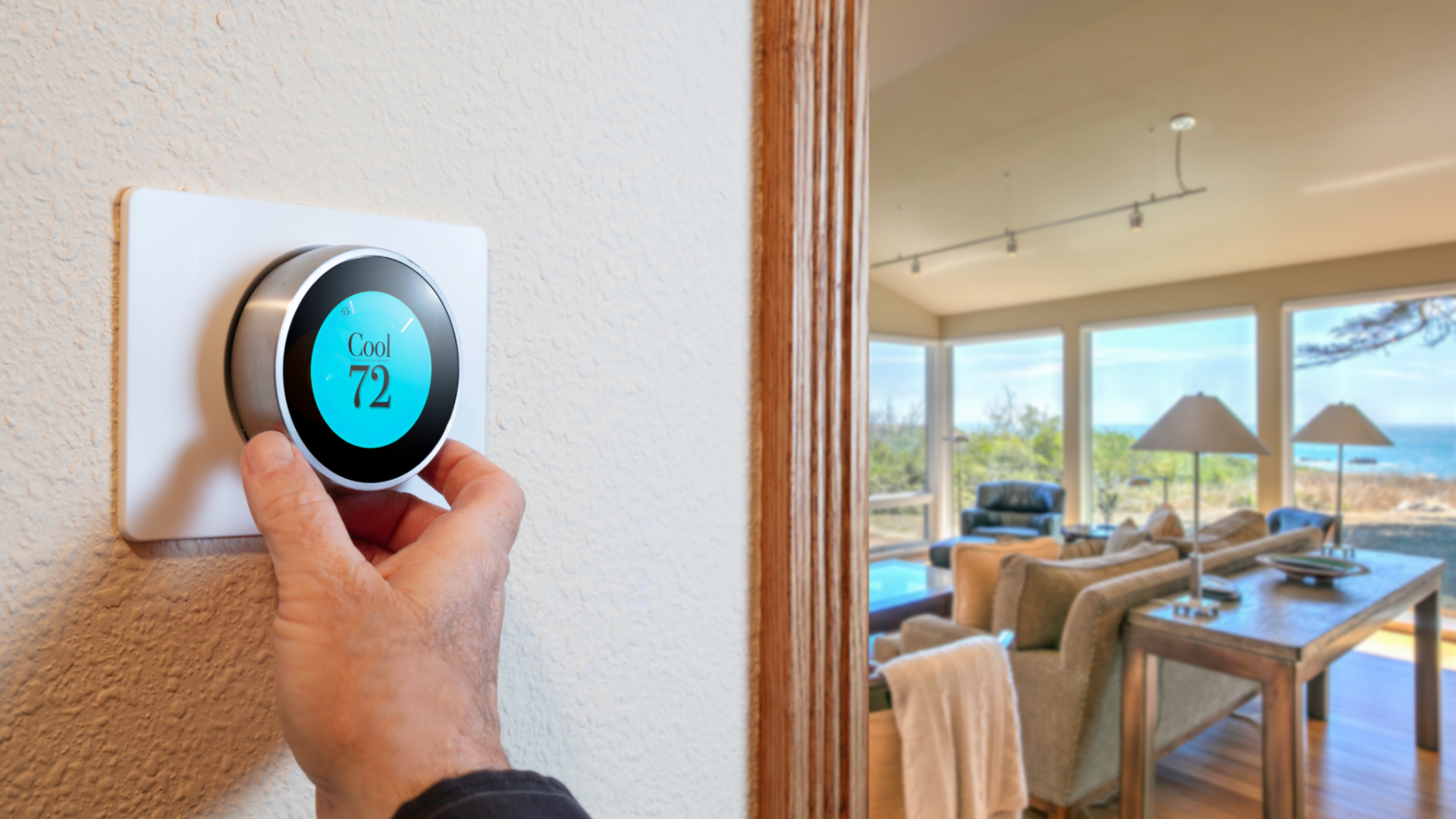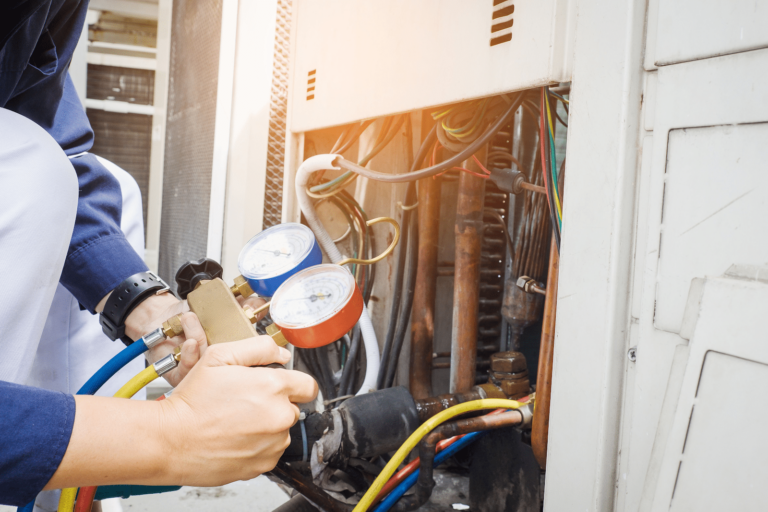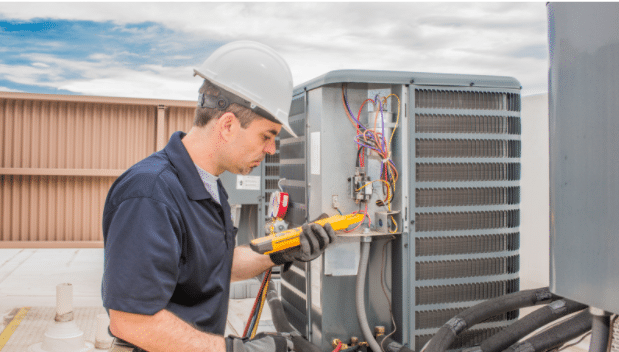Baseboard Heat vs. Central Heat (Pros and Cons)
When it comes to heating your home, there are two main options: baseboard heat and central heat. Both types of heating systems have pros and cons, and choosing the right one for your home can depend on various factors, such as your budget, the layout of your home, and your heating needs. In this article, we’ll explore the differences between baseboard and central heat and help you determine which one might be the best fit for your home.
What is Baseboard Heat?
Baseboard heat is a heating system that uses electric or hydronic (hot water) heating elements installed along the baseboards of a room. As the heat rises from the heating element, it warms the air in the room, creating a warm and comfortable environment. Baseboard heat is often used as a supplemental heating system in homes with central heating, but it can also be used as the primary heat source in some homes.
Pros of Baseboard Heat
- Cost-effective: Baseboard heaters are generally less expensive to install and maintain than central heating systems.
- Zoning capabilities: With baseboard heaters, you can easily control the temperature in individual rooms, allowing for greater control and energy efficiency.
- Quiet operation: Baseboard heaters operate quietly, making them ideal for bedrooms or other areas where noise is a concern.
Cons of Baseboard Heat
- Limited heating capacity: Baseboard heaters are best suited for smaller rooms or areas, as they may not provide sufficient heating in larger areas.
- Slow to heat up: Baseboard heaters take longer to heat a room than central heating systems, so you may need to plan ahead to ensure your home is warm when you need it.
- Uneven heating: Baseboard heaters can create temperature variations within a room, with warmer air rising to the ceiling and cooler air staying near the floor.
What is Central Heat?
Central heating uses a central furnace or boiler to distribute heat throughout a home via a network of ducts or pipes. Central heating is typically powered by natural gas or electricity, the most common heating system in modern homes.
Pros of Central Heat
- Wide range of heating capacity: Central heating systems can provide consistent heat throughout a home, regardless of size or layout.
- Even heating: Central heating systems distribute heat evenly throughout a room, eliminating hot and cold spots.
- Efficient: Central heating systems are generally more energy-efficient than baseboard heaters.
Cons of Central Heat
- Higher cost. Central heating systems are generally more expensive to install and maintain than baseboard heaters.
- Limited zoning capabilities. It can be difficult to control the temperature in individual rooms with central heating systems. This can lead to potential energy waste.
- Noisy operation. Central heating systems can be loud when they turn on and off. This can be disruptive in quiet areas like bedrooms.
Which One is Right for You?
When choosing between baseboard and central heating, the decision ultimately comes down to your personal preferences and needs. For example, baseboard heating may be the better option if you have a small home or want greater control over the temperature in individual rooms. However, central heating may be the way to go if you have a larger home and prioritize even heating and energy efficiency.
Ultimately, baseboard and central heating systems have their own advantages and disadvantages. Therefore, it’s important to carefully consider your heating needs and budget before deciding. Consult with a heating professional if you’re unsure which option is best for your home.
Looking for reliable HVAC repair and installation services in the Tampa Bay area? Look no further than Air Rescue! Our team of 75 licensed and expertly trained technicians is dedicated to providing you with the best service and pricing guarantees. We ensure your 100% satisfaction every time.
Don’t wait any longer to get the HVAC services you need. Contact Air Rescue today to schedule your appointment and experience working with a trusted and reliable team.








